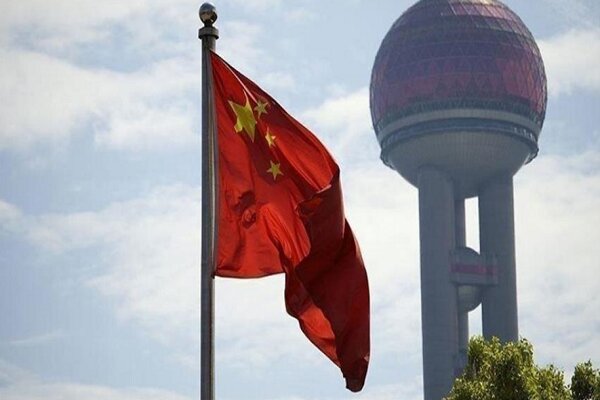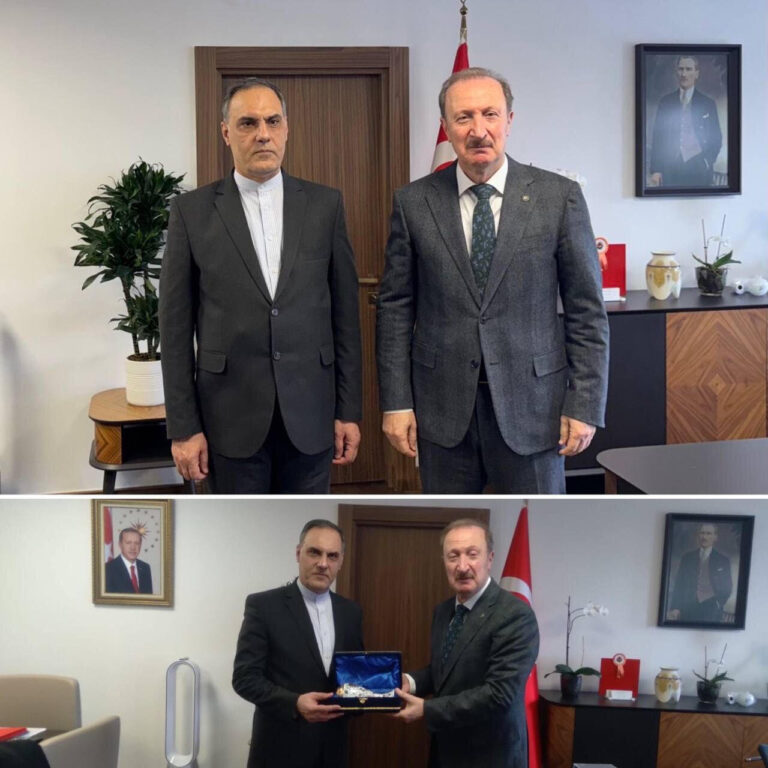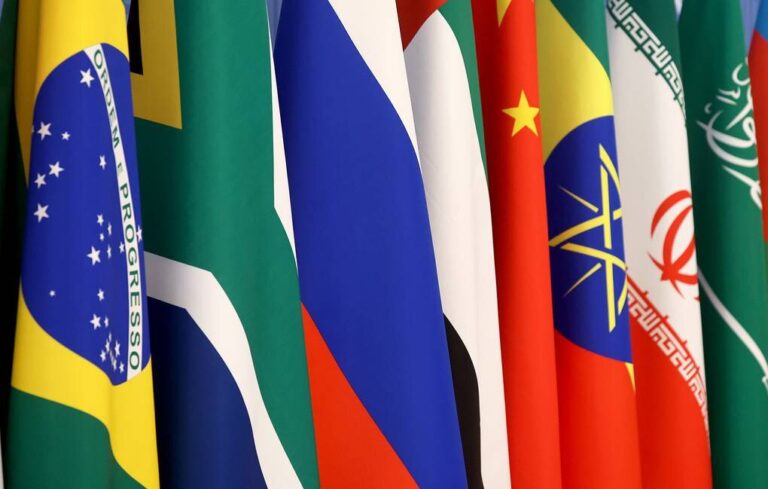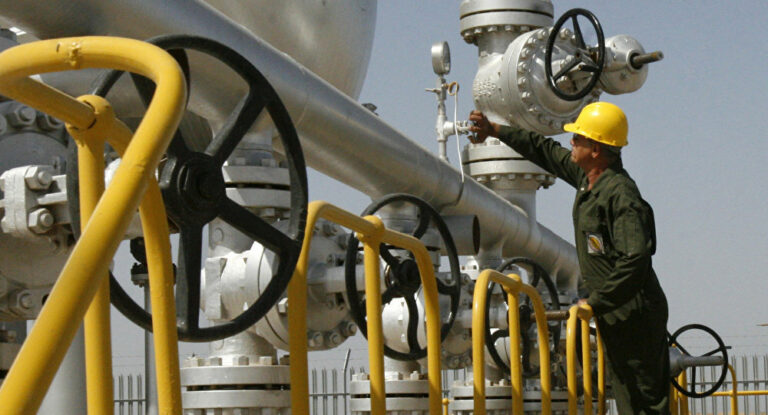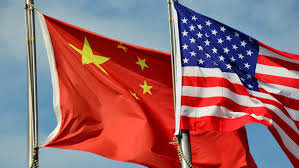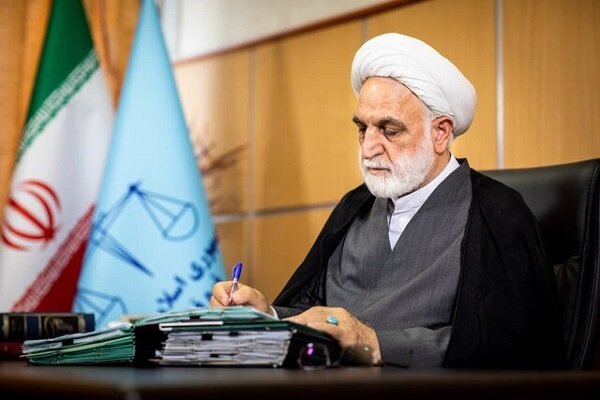China Commits to Enhancing EU Relations: Pushing for Negotiations with Renewed Focus
The European Union (EU) is taking significant steps in adjusting trade tariffs, particularly targeting Chinese imports. This move comes in the wake of an anti-subsidy investigation launched by the European Commission, aiming to assess whether Chinese companies have benefited from unfair advantages. The bloc’s decision to raise tariffs could reach as high as 45.3% by October, complicating the trade landscape between the EU and China.
According to a report by Reuters, the European Commission, which oversees EU trade policy, initiated this investigation into the practices of Chinese firms. The inquiry focuses on whether these companies received preferential grants, financing, and access to essential resources such as land, batteries, and raw materials at prices that significantly undercut market rates.
In response to these developments, Chinese officials are advocating for negotiations with the EU. He Yadong, a spokesperson for China, expressed hope that the EU would heed the industry’s call for enhanced bilateral investment cooperation through dialogue and consultation. He stated, “China has been doing its best to push for negotiations with the EU.”
The tensions in trade are not one-sided. Last year, China also initiated investigations into various imports from the EU. The ongoing scrutiny includes:
- Anti-dumping probe into European pork products.
- Anti-subsidy investigation regarding the dairy trade with the EU’s 27 member states.
When asked about the status of these investigations, He Yadong confirmed that both cases are still active and being processed. He emphasized the importance of transparency in these investigations, stating, “We will conduct the investigation in an open and transparent manner in accordance with Chinese laws and regulations and World Trade Organization rules.”
In December, China’s commerce ministry made a notable decision to extend its anti-dumping investigation into EU brandy imports by an additional three months, pushing the deadline to April 5. This extension indicates China’s commitment to thoroughly assess the situation before reaching any conclusions.
The implications of these trade measures are far-reaching, affecting not only the economic dynamics between China and the EU but also potentially impacting global trade patterns. As both sides engage in these investigations and negotiations, the outcome could redefine their trading relationship.
Trade experts are closely monitoring the situation, as any significant changes in tariffs or trade policies could lead to retaliatory measures from either side. The ongoing tension illustrates the complexities of international trade and the delicate balance that must be maintained to foster cooperation.
As the situation develops, businesses on both ends are advised to stay informed about potential changes to tariffs and regulations that could impact their operations. The EU’s decision to increase tariffs reflects a growing concern over fair trade practices and the necessity for transparency in international commerce.
In conclusion, the evolving trade landscape between China and the EU highlights the importance of dialogue and negotiation in resolving disputes. As both parties navigate this challenging terrain, the future of their economic relationship remains uncertain yet crucial for global trade stability.
